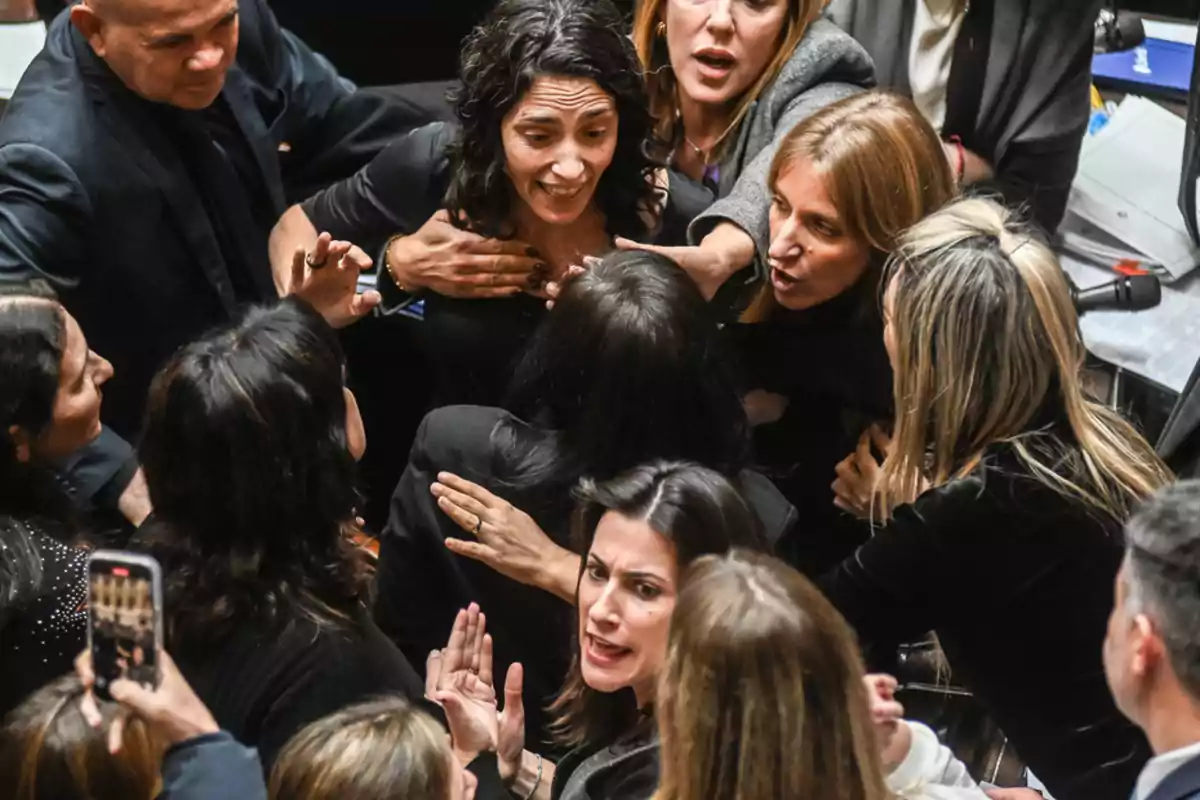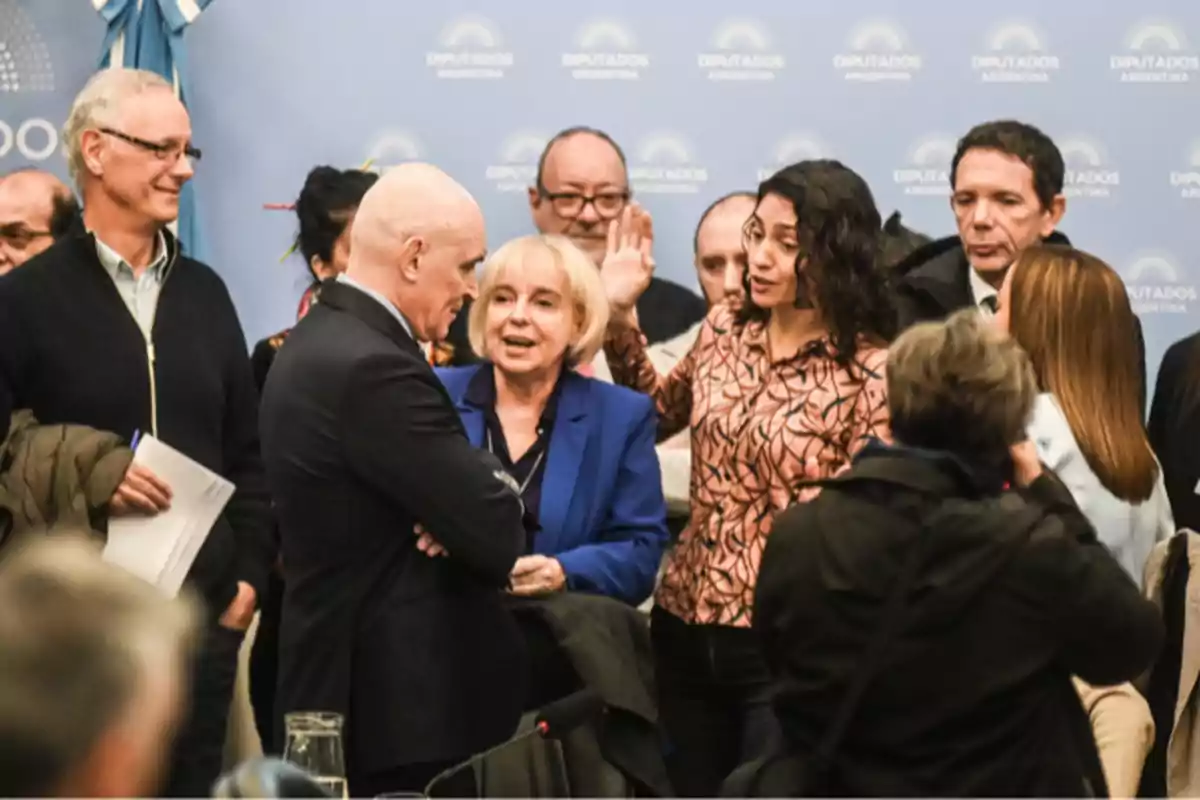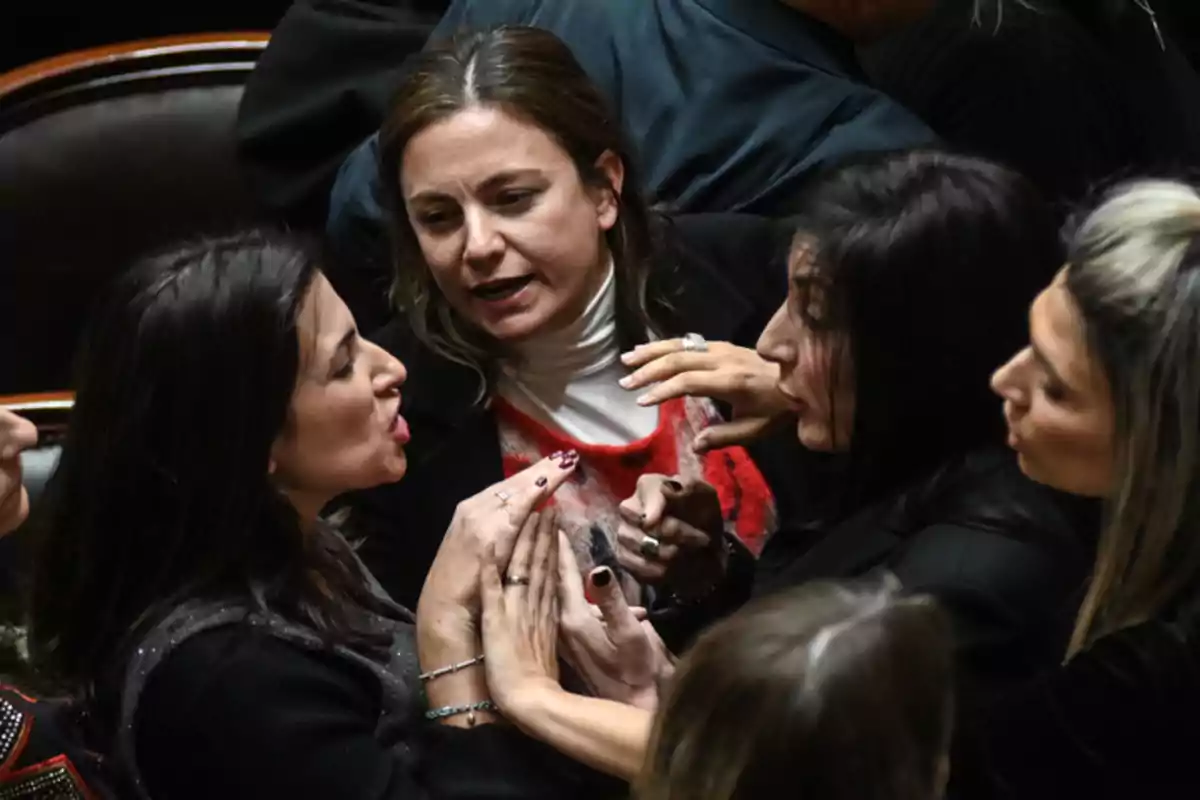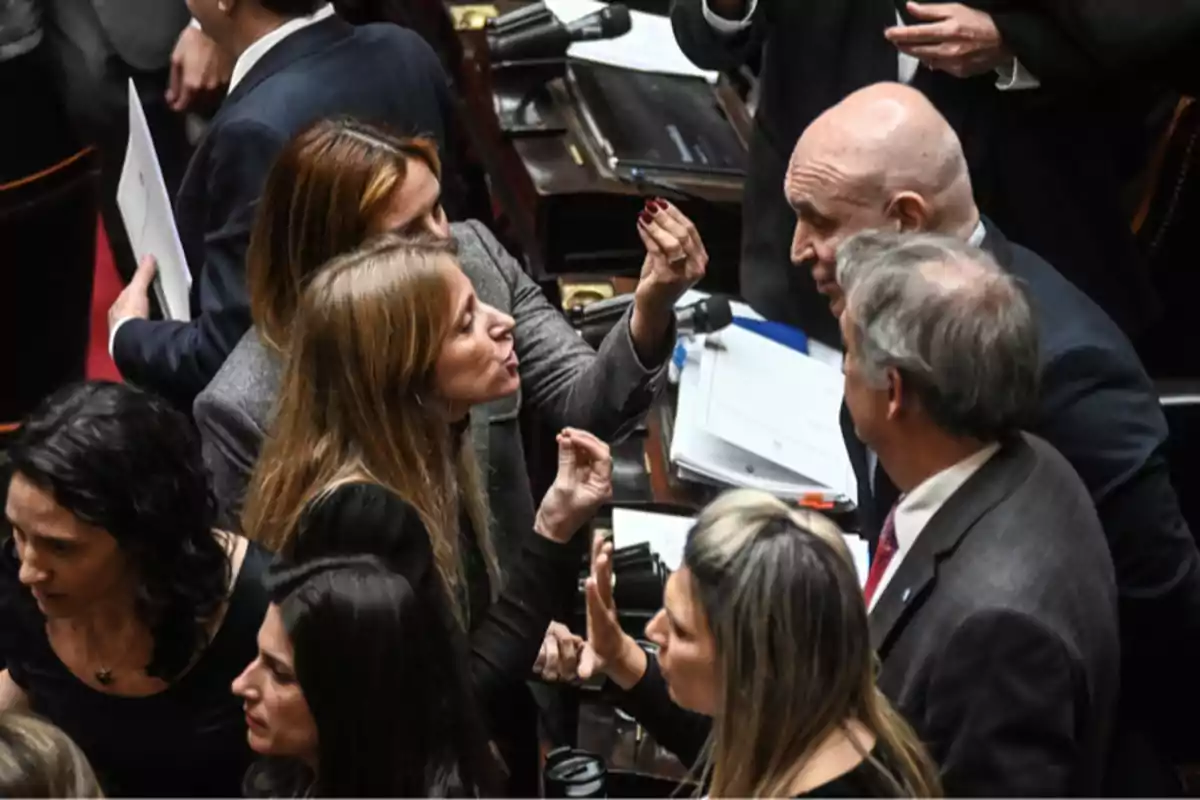
Deputies waste up to 85% of their time on political privileges and tributes
A report reveals that only 15% of the time in the Chamber of Deputies is dedicated to debating the laws for which the chamber was convened
Amid a historic economic and political transformation led by President Javier Milei, the National Congress—particularly the Chamber of Deputies—seems to remain tied to the logic of the old political establishment. A recent report by Colossus Lab, a think tank promoted by PRO deputy Martín Yeza, starkly exposes the Parliament's structural inefficiency: between 70% and 85% of session time during 2024 and so far in 2025 was devoted to procedural matters, privileges, tributes, and political attacks, and only between 15% and 30% to debating legislative projects on the official agenda.
The research, titled "Congress's Inefficiency", surveyed 19 sessions held between January 31, 2024, and July 2, 2025, totaling more than 160 hours of debate. Of that total, only 40 hours were devoted to the actual consideration of laws, while 120 hours were occupied by sterile and egocentric interventions: complaints about administrative sloppiness, laments about the economic situation, expressions of repudiation, and above all, matters of privilege, a tool increasingly used by the opposition to play the victim and spread clips on social media.

"The chamber is a theater; laws aren't discussed, positions are stated and votes are cast", said radical deputy Karina Banfi, who has spent a decade in the Chamber, in stark terms.
Legislative ineffectiveness is worsening in a context where parliamentary committees are almost inactive. The technical and rational work prior to each session, where projects should be agreed upon and corrected, has been replaced by the media show. Banfi warns that many legislators only attend the chamber to improvise grandiloquent and viral speeches:
"Legislators have realized that spreading these speeches on social media helps their work", she lamented.

The report's data also reveal who the main parties responsible for this distortion are. Unión por la Patria, the largest bloc with 98 deputies, was responsible for 36.1% of the matters of privilege in 2025. Next is the Frente de Izquierda, with only 2 seats, which nevertheless accounted for 13.9% of these interventions.
The excessive use of these tools not only slows down legislative functioning but also erodes the Congress's legitimacy and distances it from its substantive functions. The report itself proposes a concrete solution based on empirical simulations: limiting matters of privilege to a maximum of eight per session, which would drastically reduce the time lost to formalities and sterile discussions.
"A representative democracy isn't strengthened only by the number of laws it passes, but by the quality of the time it dedicates to discussing them," the report states.

Deputy Cecilia Moreau (Unión por la Patria), former president of the Chamber, accused the Government of "snubbing" Congress and blamed the Executive Branch's DNU for bringing current issues to the chamber. However, her reading omits the central fact: it is her own bloc that most uses the chamber to divert attention, play the victim, and avoid substantive debates.
In the same vein, far-left deputy Nicolás del Caño criticized the lack of regular sessions and proposed longer sessions, ignoring the real problem: it isn't the duration, but the content of the debate that is in crisis. He even rejected limiting interventions, under the pretext of "freedom of expression", revealing the discomfort of those who have made obstruction their way of doing politics.
The think tank Colossus Lab—created by Martín Yeza and made up of professionals from different fields—proposes modernizing Congress and evaluating political performance with technical tools rather than slogans. According to Yeza: "Amid grand interpretations about 'the crisis of democracy,' there is a very specific issue here: measuring politicians' performance with more standards than just their image or voting intention."
Milei moves forward despite Congress
Paradoxically, in this scenario of paralysis and parliamentary shouting, Milei's Government has managed to move forward with key projects: Bases Law, pension reform, Single Ballot, Clean Record, budget, university funding, and international agreements, among others. Many of these initiatives have been pushed through with political effort and without the support of an automatic majority, which demonstrates the Executive's technical and strategic capacity in the face of legislative decline.
More posts: